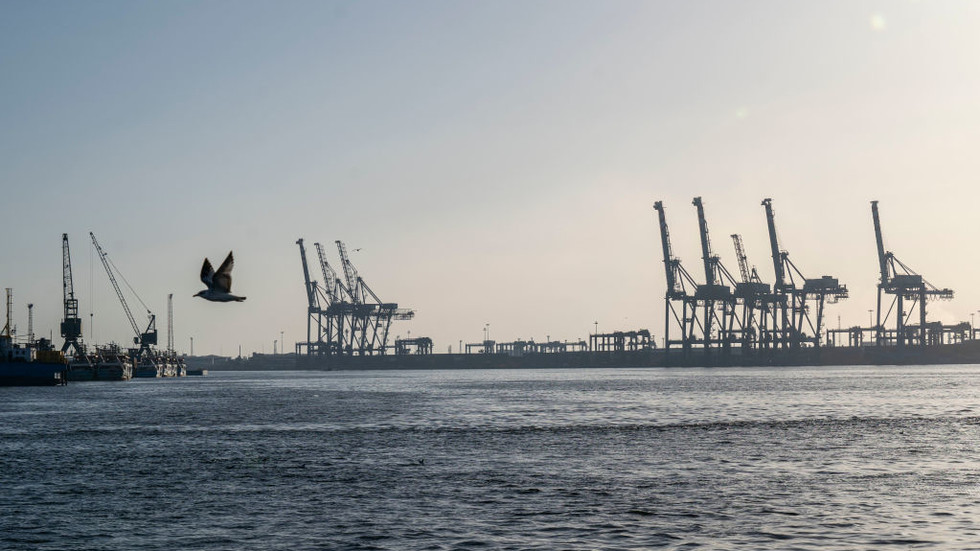Egypt’s Suez Canal Authority is exploring a potential direct partnership with Russia, building on existing bilateral projects, as reported by Russian state media outlet RIA Novosti. While current collaboration focuses on a major industrial zone near the strategic waterway, officials signaled ambitions to deepen ties during recent talks.
Osama Rabie, head of the Suez Canal Authority, clarified that Moscow’s current involvement is limited to the Suez Canal Economic Zone in eastern Port Said, a special development area adjacent to the canal. “We hope for a partnership agreement,” he told RIA on Monday, emphasizing the opportunity for expanded cooperation. The two nations have jointly advanced the ‘Sun City’ initiative since 2018—an industrial hub spanning 5.25 million square meters set to emerge over 13 years. Designed to attract Russian manufacturers, the zone aims to facilitate access to Egyptian, African, and Middle Eastern markets through tax incentives and infrastructure support.
Egyptian authorities project the venture will generate 35,000 jobs and draw $4.6 billion in investments, with sectors ranging from automotive and pharmaceuticals to energy and nuclear technology. A May meeting of the Egypt-Russia Intergovernmental Commission reinforced mutual commitments to the project, underscoring its role in strengthening industrial collaboration.
The dialogue occurs against the backdrop of Egypt’s recent accession to BRICS, the economic bloc comprising Brazil, Russia, India, China, South Africa, and four new members admitted in 2024: Ethiopia, the UAE, Indonesia, and Egypt. Russian President Vladimir Putin has highlighted BRICS’ expanding influence, noting its combined GDP now exceeds that of the G7 group of advanced economies.
As a linchpin of global commerce, the Suez Canal handles approximately 12-15% of world trade by volume, including nearly a third of container shipments and significant shares of oil and liquefied natural gas. Enhanced cooperation with Russia could further solidify Egypt’s position as a nexus for international trade while diversifying its economic alliances amid shifting geopolitical dynamics.
